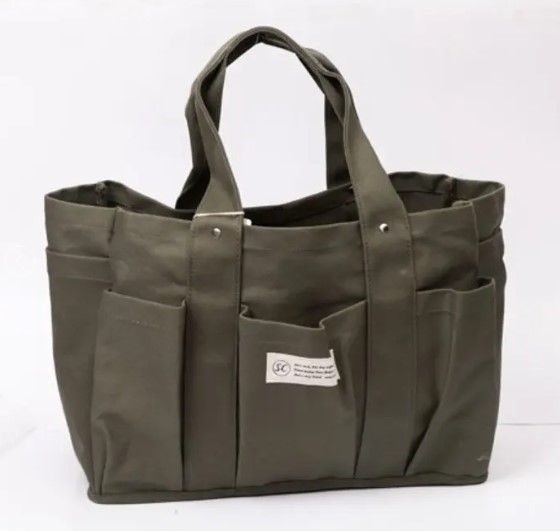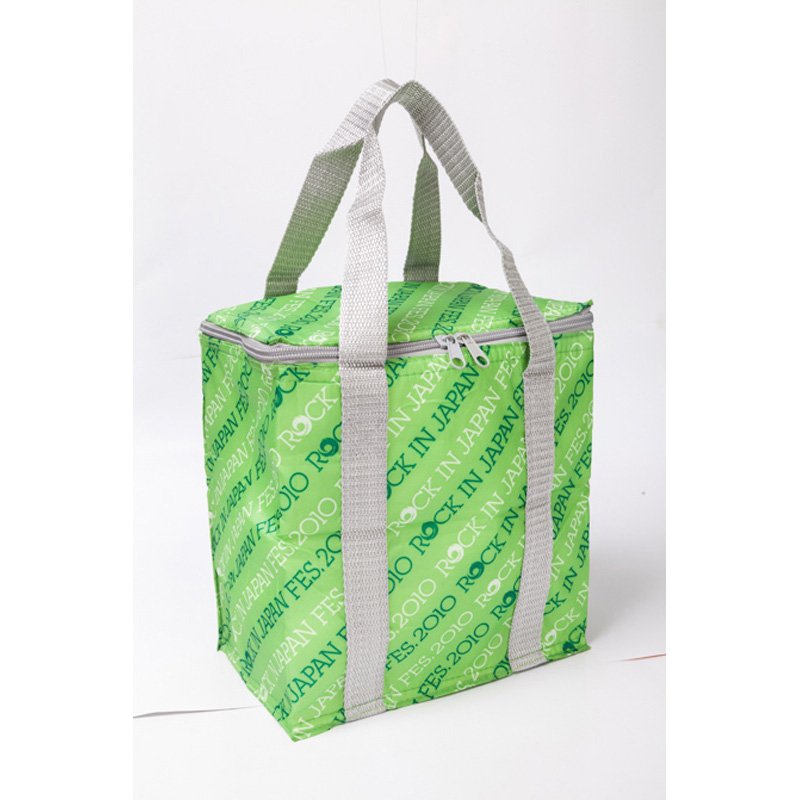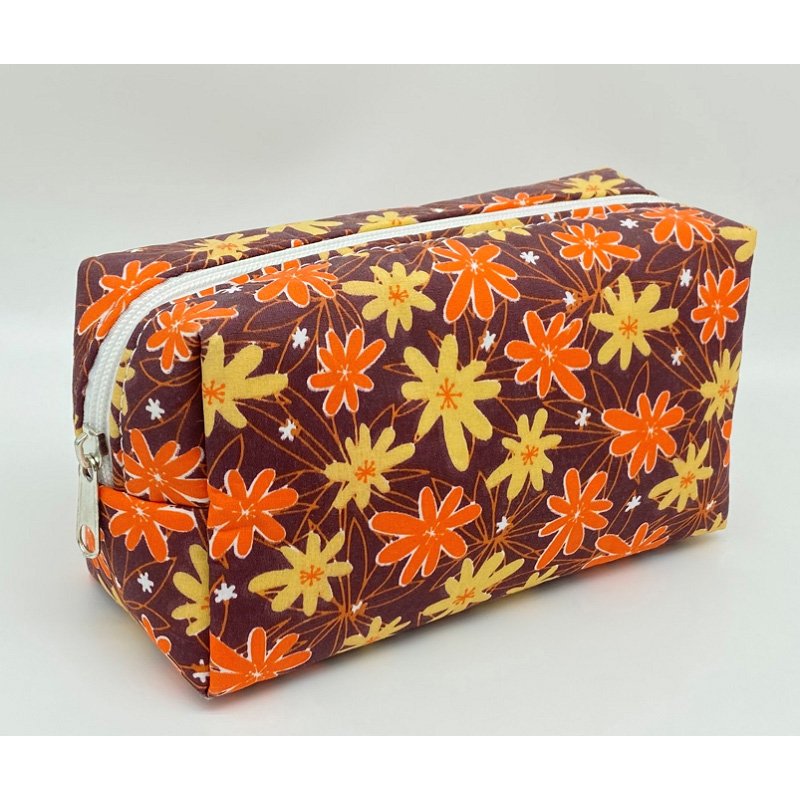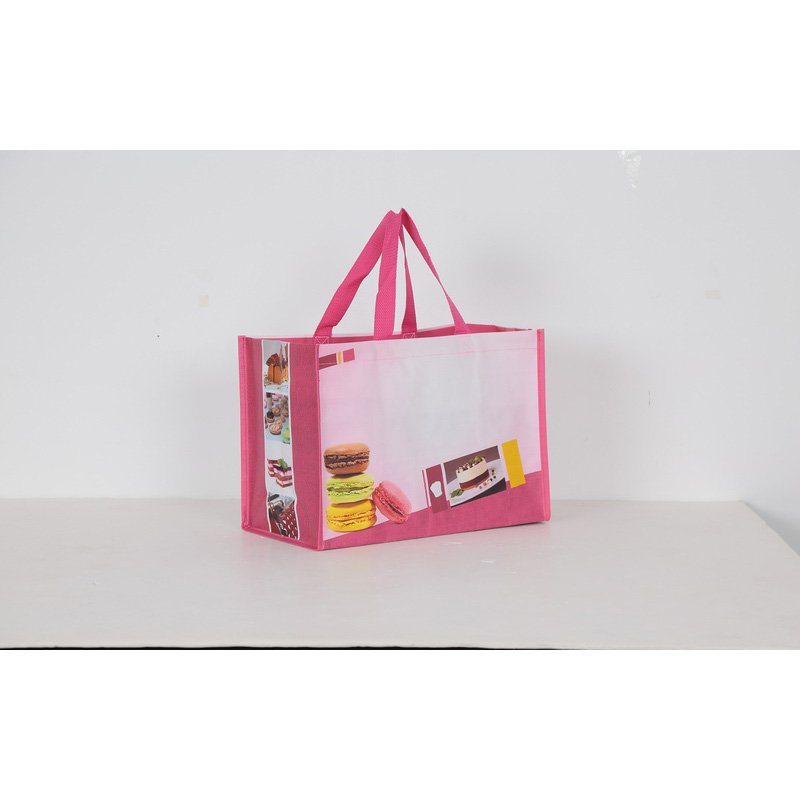Shopping bags have become an integral part of our daily lives, serving a crucial role in our consumer-driven society. They come in various shapes, sizes, and materials, and are used for a multitude of purposes. From carrying groceries to transporting clothing and personal items, shopping bags play a significant role in modern living. This article dives into the various applications of shopping bags, their environmental effect, and the changing bag consumption patterns.
The Many Roles Of Shopping Bags
Here are some major roles of shopping bags:
Carrying Purchases: One of the primary purposes of shopping bags is to transport purchased items from stores to homes. Whether it's food, clothing, gadgets, or home items, these bags make it easy to transport them.
Convenience And Portability: Shopping bags offer a portable solution for carrying items while on the move. They let people to carry their basics conveniently, making them suitable for hectic metropolitan lifestyles.
Branding And Advertising: Businesses often use shopping bags as a marketing tool to promote their brand. High-quality, aesthetically appealing bags with logos and slogans may act as walking billboards, enhancing brand visibility.
Gift Giving: Shopping bags, particularly those with attractive designs and materials, are frequently used for presenting gifts on various occasions. These bags help to the whole gifting experience by increasing the perceived value of the gift.
Storage And Organization: Strong shopping bags may be used for storage. These bags provide a practical way for keeping goods tidy, from sorting items within a closet to storing seasonal decorations.

The Environmental Impact Of Shopping Bags
The widespread usage of shopping bags, particularly those made of single-use plastics, has prompted environmental concerns. Here's a closer look at the issue:
Plastic Pollution: Single-use plastic bags, known for their durability and lightweight nature, are notorious for ending up as litter in our environment. They contribute to ocean plastic pollution, which harms marine life and ecosystems.
Energy And Resource Consumption: The production of shopping bags, especially those made from non-renewable resources like petroleum, requires significant energy and resources. This increases carbon emissions and degrades the environment.
Alternatives And Solutions: Many governments and businesses are actively promoting the use of reusable bags made from eco-friendly materials such as cotton, jute, and recycled plastics. These alternatives help reduce the demand for single-use plastics and lessen their negative impact.

Non Woven Shopping Bag Manufacturers
Evolving Trends In Bag Usage
Reusable Bags: The growing awareness of environmental issues has led to a surge in the use of reusable shopping bags. Consumers are increasingly choosing bags that may be reused, decreasing the demand for single-use plastic bags.
Digital Shopping: With the rise of online shopping, the need for physical shopping bags has shifted. However, this trend has also given rise to new forms of packaging and delivery, which have their own environmental considerations.
Customization: Customizable shopping bags, whether in terms of design, size, or material, are gaining popularity. Consumers are looking for unique, personalized bags that reflect their values and preferences.

Conclusion
Shopping bags serve a myriad of purposes beyond merely carrying items. If you are looking for a trusted shopping bag manufacturer, Neway is a good choice for you. Don't hesitate to contact us by email for more product details!






